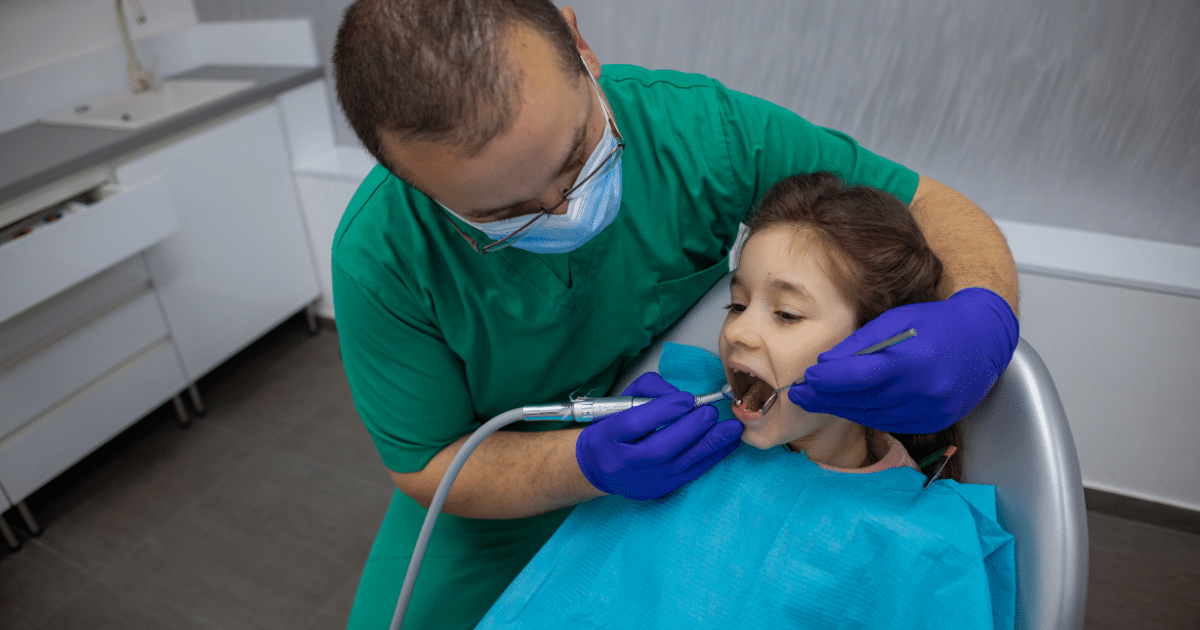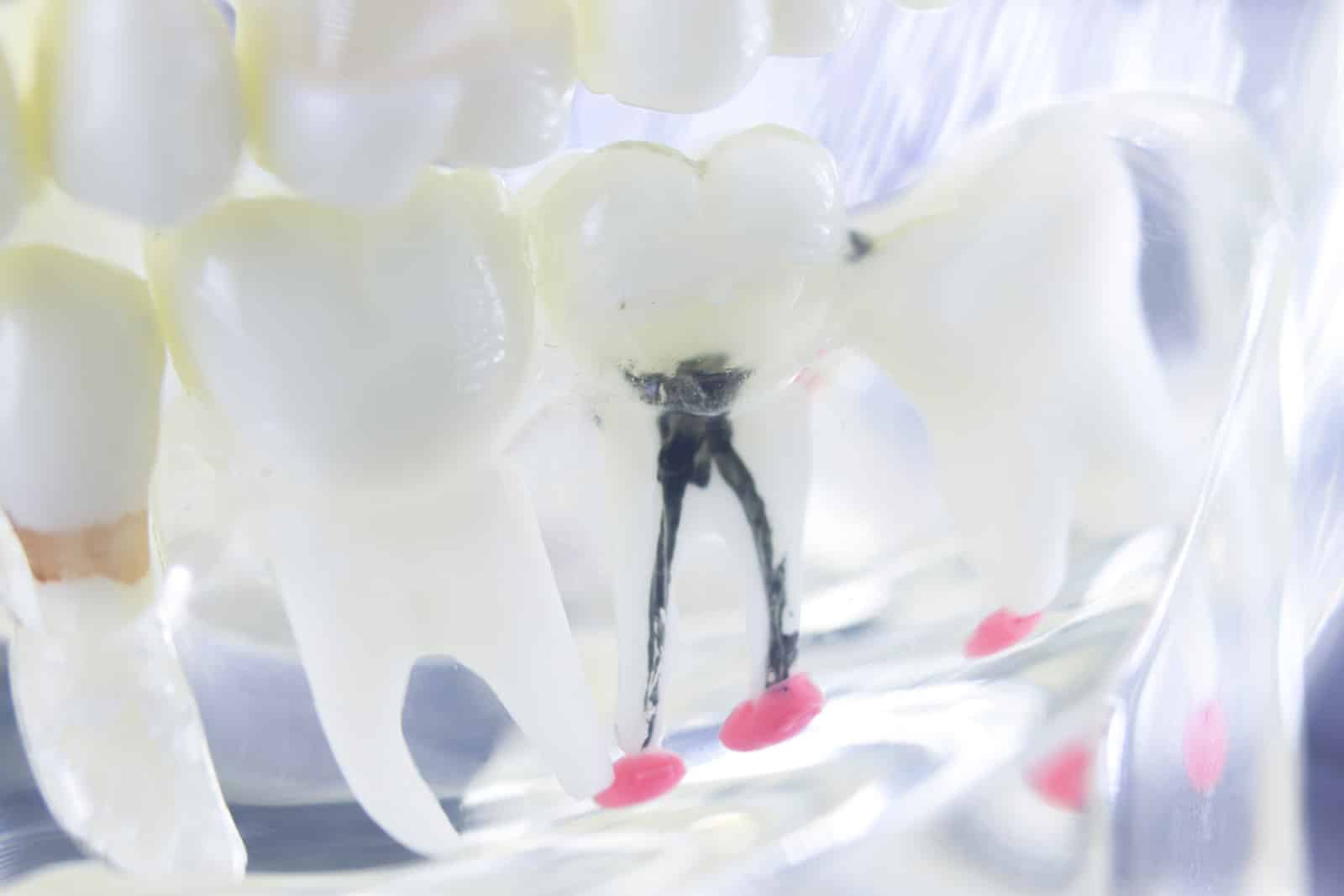Book now

Does My Child Need a Root Canal? Signs, Symptoms, and Treatment

Does My Child Need a Root Canal? Signs, Symptoms, and Treatment
Does your child suffer from frequent toothaches or sensitivity? Have they experienced dental trauma or a deep cavity? If so, they might require a root canal. While the thought of a dental procedure might cause anxiety, pediatric dentistry offers a comfortable and effective solution through Children’s Root Canal Therapy at Tinley Park, IL.
Understanding Children’s Root Canals
Like an adult tooth, a child’s tooth has a soft inner core called the pulp. This pulp contains nerves, blood vessels, and connective tissues responsible for tooth development and sensation. When the pulp becomes infected or inflamed due to deep decay, trauma, or other factors, a root canal is necessary.
Signs and Symptoms of a Root Canal-Needing Tooth
Early detection and treatment of a potentially problematic tooth are crucial for your child’s oral health. Here’s what to watch out for:
- Persistent Toothache: A constant or throbbing pain in a specific tooth, often worse at night or when applying pressure, can indicate pulp damage.
- Tooth Sensitivity: Unusual sensitivity to hot, cold, or sweet foods and beverages suggests nerve irritation within the tooth.
- Swelling and Gum Pain: Inflammation or tenderness in the gums surrounding the affected tooth might signal an infection spreading beyond the root.
- Visible Damage: Cracks, chips, or deep cavities in a tooth can expose the pulp to bacteria, leading to infection.
- Drainage or Pus: Pus buildup near the gumline or a visible discharge from the tooth is a strong indicator of an abscessed tooth, requiring immediate attention.
What to Expect During Children’s Root Canal Therapy in Tinley Park, IL
Children’s dentistry prioritizes a comfortable and anxiety-free experience for young patients. Here’s a general idea of what to expect during a root canal procedure:
- Pre-treatment Consultation: A dentist will thoroughly examine your child’s tooth, assess the extent of the damage, and discuss treatment options. X-rays will likely be taken to determine the severity of the infection.
- Anesthesia: Depending on your child’s age and anxiety level, local anesthesia or mild sedation might be used to ensure their comfort throughout the procedure.
- Treatment: The dentist will create a small opening in the tooth to access the infected pulp. The pulp, including nerves and blood vessels, will be carefully removed. The inside of the tooth will then be cleaned and disinfected.
- Filling and Sealing: After cleaning and disinfecting the tooth, the dentist fills the empty canals with a special material to prevent future infection. The tooth is then sealed with a permanent filling or crown to restore its strength and function.
Post-Treatment Care
Following the root canal procedure, it’s crucial to care for your child’s tooth properly to ensure healing and prevent further complications. Here are some aftercare tips:
- Pain Management: Over-the-counter pain medication can be used to manage any discomfort your child might experience after the procedure.
- Oral Hygiene: Maintaining good oral hygiene practices like brushing and flossing regularly is essential to prevent future infections.
- Diet: Initially, stick to soft foods that are easy to chew. Gradually introduce harder foods as your child heals.
- Follow-up Appointments: Schedule regular checkups with your dentist to monitor the treated tooth and ensure proper healing.
Prioritizing Your Child’s Oral Health
If you suspect your child might need a root canal, don’t hesitate to seek professional help. Early intervention can prevent further complications and ensure your child’s oral health remains optimal. Children’s Root Canal Therapy in Tinley Park, IL offers a comfortable and effective solution to address your child’s dental problems. Schedule an appointment today to discuss your child’s specific needs and ensure a healthy smile for years to come.







